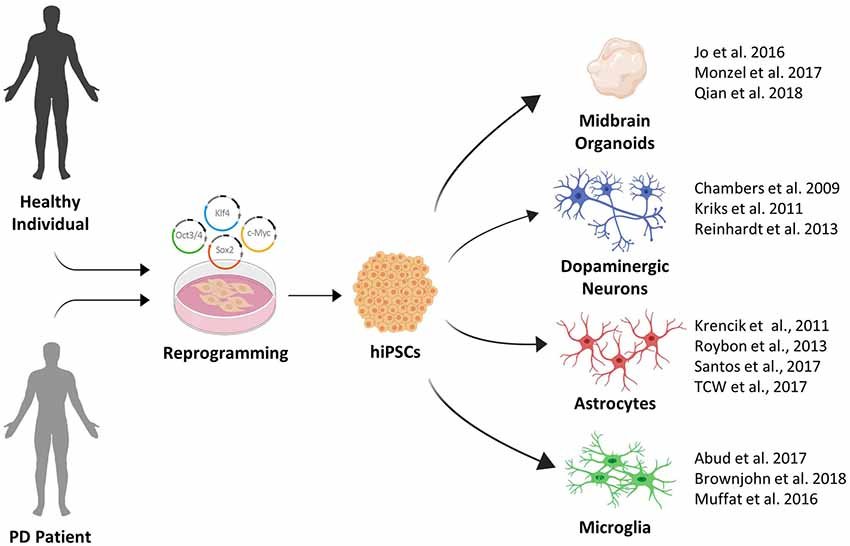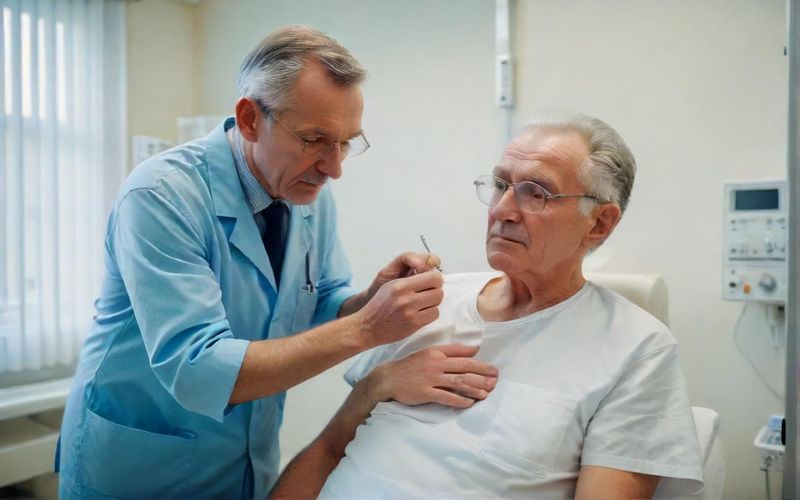Stem Cell Hope: Parkinson's Treatment Breakthrough?

**Kyoto and US Researchers Report Promising Results in Parkinson's Stem Cell Trials**
Two separate studies published in *Nature* offer a significant step forward in the treatment of Parkinson's disease, demonstrating the potential of stem cell therapies to alleviate symptoms and potentially halt disease progression. Both trials, while small and open-label (participants knew they were receiving treatment), showed remarkable safety and efficacy profiles.
One study, conducted at Kyoto University Hospital in Japan, involved seven patients (ages 50-69) with Parkinson's disease. Researchers transplanted dopaminergic progenitors derived from induced pluripotent stem (iPS) cells, a patient’s own cells reprogrammed into stem cells, bilaterally into the putamen. The trial's primary focus was safety, with secondary outcomes assessing motor symptoms and dopamine production over 24 months. Importantly, no serious adverse events were reported. Six of the seven patients underwent efficacy evaluations; four showed improvements in the Movement Disorder Society Unified Parkinson’s Disease Rating Scale (MDS-UPDRS) part III OFF score (more than 12 hours without medication), and five showed improvements in the ON scores (with medication). The average improvement across these six patients was 9.5 points (20.4%) for the OFF scores and 4.3 points (35.7%) for the ON scores. Fluorine-18-l-dihydroxyphenylalanine (18F-DOPA) PET scans revealed a 44.7% increase in dopamine synthesis in the putamen, with higher increases observed in the high-dose group. While some patients experienced an increase in dyskinesia (uncontrolled movements), this was attributed to maintaining consistent medication levels, rather than graft-induced dyskinesia.
A second study, conducted in the US and Canada, involved 12 participants with Parkinson's who received a high or low dose of stem-cell derived neuron progenitors from human embryonic stem cells, injected into brain structures involved in movement. After 18 months, PET scans confirmed dopamine production by the transplanted cells, and patients showed significant symptom improvements as measured by a standard Parkinson's progression rating scale. The high-dose group experienced an average improvement of 20 points, while the low-dose group showed improvement, though less dramatic. No serious adverse events were reported in this study either.
Both studies highlight the potential of stem cell therapies to replace the dopamine neurons lost in Parkinson's, offering a significant advancement beyond previous attempts using fetal tissue which resulted in inconsistent results and side effects. Researchers emphasize that although these are promising early results, larger, double-blind, placebo-controlled trials are crucial to confirm these findings and fully evaluate the long-term safety and efficacy of these stem cell therapies. One study's stem-cell treatment has already been cleared for Phase 3 trials by the FDA, representing a major step towards potential widespread availability. Further research will continue to refine patient selection criteria and investigate potential improvements in treatment protocols.









